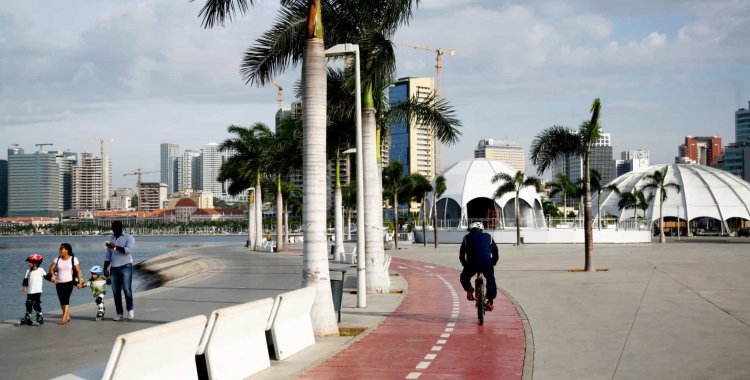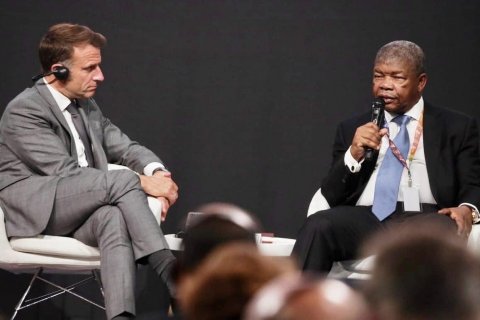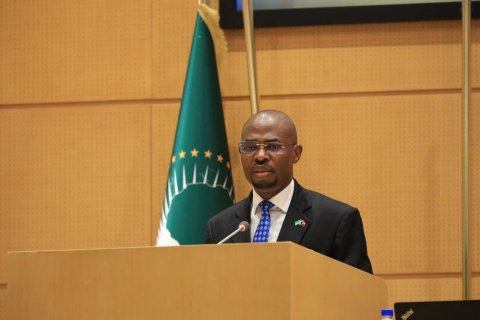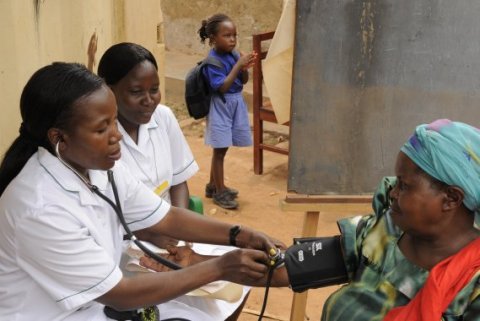A survey by the Afrobarometer poll network, presented in Washington at a Carnegie Endowment for International Peace event, concluded that Angola is the country with the least support for democracy, on a list headed by Ethiopia and Senegal, which also included Cape Verde and Mozambique.
Joseph Asunka, CEO and executive director of the Afrobarometer poll network, said that "popular support for democratic regimes remains very robust in Africa" as the average number of those who prefer democracy to any other form of governance is never less than seven out of 10 African citizens.
Respondents could choose between three statements: "Democracy is preferable to any other form of government", "in some circumstances, an undemocratic government may be preferable" or "for me the type of government does not matter".
The survey was conducted in 34 countries, face-to-face, with between 1200 and 2400 participants in each country, chosen at random, but with proportional representation of each population group.
According to the data, Angola was the country where the fewest people identified themselves with the first statement, considering democracy to be the best form of governance, with only 37 percent of the responses.
In Mozambique, the third from the bottom of the list, 49 percent of respondents were in favor of democracy in all cases.
Countries where nearly 90 percent of respondents identified with democracy as "preferred" were Ethiopia, Senegal and Sierra Leone.
Cape Verde also ranked at the top, with 79 percent of the population defending democracy in any case.
"We understand that in some countries there are slippages," said Joseph Asunka, adding that Angola was the last country to be included in the Afrobarometer network, which now polls 35 African countries through partners who conduct surveys in the national language and appropriately for the customs of each country.
"We conducted this inquiry for the first time in Angola and we saw that it is not a majority that expresses support for democracy. Angola is at the bottom of the list, as is South Africa," said Joseph Asunka.
For the official, the poor result in the case of Angola "has to do with uncertainty and reluctance on the part of people to respond" to the new survey.
The case of South Africa, in penultimate place, however, "is very worrying", because it is a country where the population is already used to surveys, being one of the 12 countries where the Afrobarometer was started in 1999.
"Ten years ago, in South Africa, 70 percent of respondents supported democracy, a figure that has dropped to 40 percent. It is very worrying for all of us," said the African policy expert.
However, added Asunka, "support for democracy is not just about the unambiguous expression of that assertion, but also the rejection of other forms of government."
Thus, in the next step, the percentage of respondents who "disapprove" or "completely reject" that the elections include a single political party, that the Armed Forces take power or that the elections and national legislature be abolished for the President were counted. make the decisions.
"Universally, consistently, we see Africans completely rejecting these alternative forms of government. This gives us confidence not only that they support democracy, but that they don't want any form of authoritarian government," said the former portfolio manager of funding for African initiatives in the William and Flora Hewlett Foundation.
Globally, 74 percent of respondents in 34 countries reject military governance, 77 percent reject one-party rule and 82 percent disapprove of one-person governance.
In Cape Verde, 80 percent reject military governance, a figure that rises to 60 percent in Angola and 59 percent in Mozambique.
Afrobarometer: Angola is the nation with the least support for democracy among 34 African countries
Angola is the country with the least support for democracy on a list of 34 African countries, concluded an Afrobarometer survey presented in Washington, indicating that 37 percent of Angolans defend democracy against other governance regimes.







